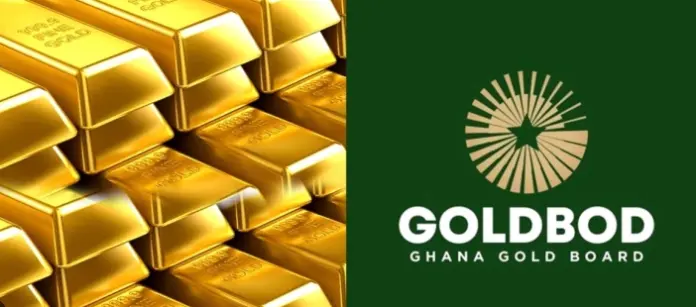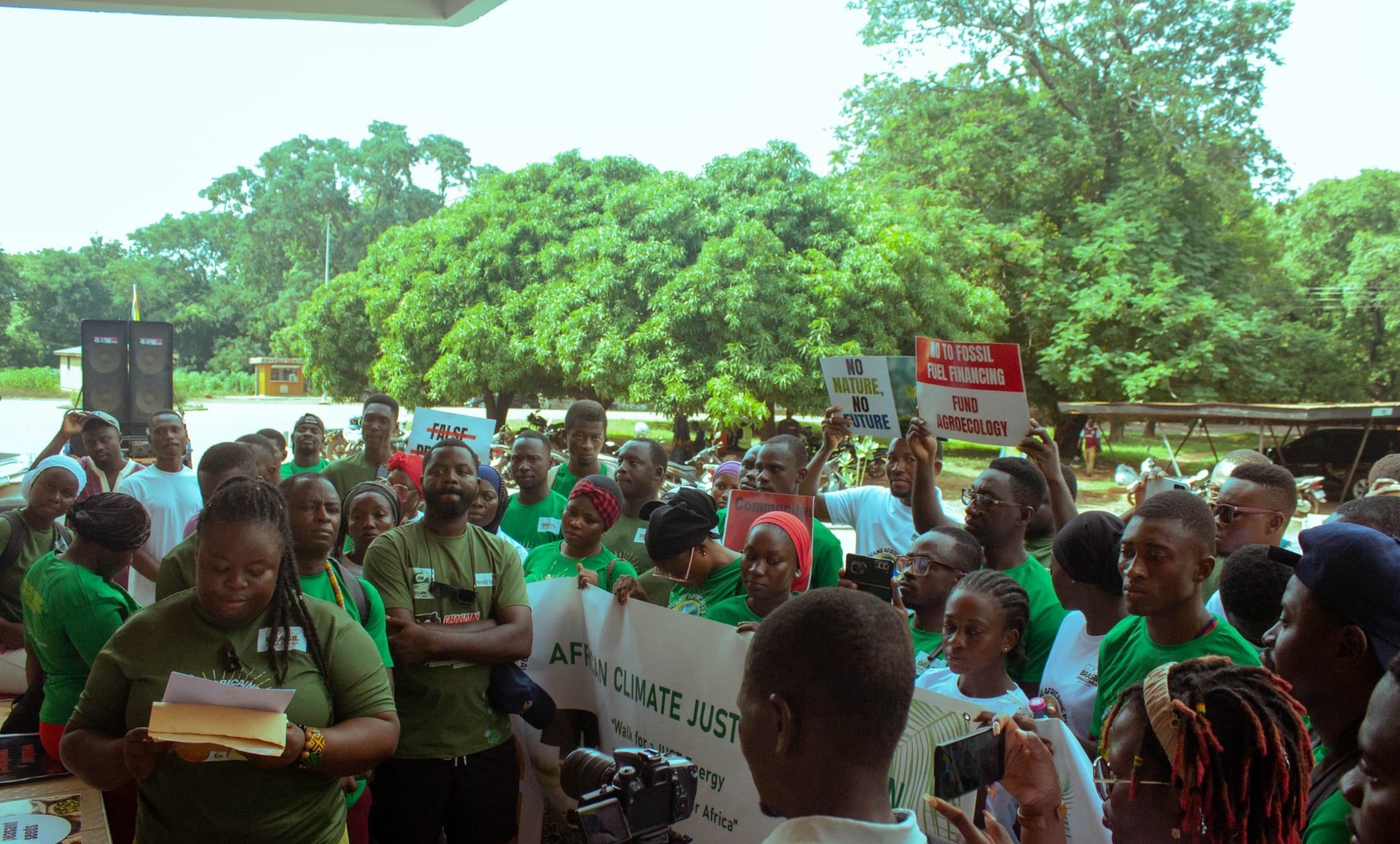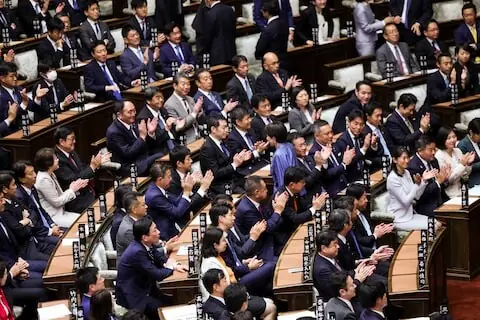Copyright ghanamma

Former Minister for Power, Dr. Kwabena Donkor, has commended the government for introducing the Ghana Gold Board (GoldBod), describing it as an important step toward maximizing Ghana’s gold wealth. However, he believes the country has only scratched the surface of its full potential when it comes to maximizing its gold revenues. Although GoldBod generated about eight billion dollars in revenues in the first ten months of 2025, a figure much higher than the whole of last year’s earnings, Dr. Donkor believes the potential is far greater. With the right measures and policies, he insists the country can still generate more from the precious mineral. The former minister and mining consultant’s remarks come at a time when questions are being asked about whether Ghana is truly reaping the benefits of its vast mineral resources. In an exclusive interview with The High Street Journal, the former Member of Parliament for Pru East argued that while GoldBod is a commendable innovation, there remains a broader conversation about plugging revenue leakages and ensuring every ounce of gold mined translates into value for the Ghanaian economy. Dr. Donkor referenced earlier studies that revealed inconsistencies in Ghana’s gold export data, particularly discrepancies between official records and the volumes reported by Dubai, one of the main destinations for Ghana’s gold. Despite the efforts of GoldBod, he maintains that the menace of illegal smuggling of gold to neighbouring countries has not been reduced to the barest minimum, pointing out the leakages to Togo. Such leakages cost the country billions in lost revenue annually. The solution, he noted, is not only tighter border and customs controls but also a more transparent, traceable and technology driven gold export system. For Dr. Donkor, the key to unlocking Ghana’s full potential in gold lies in shifting from raw exports to value addition. With over a century track record in gold production, Dr. Donkor cannot fathom why the country is still a raw gold exporting nation, with little to no value addition. He argued that by refining gold locally and processing byproducts such as silver, Ghana can create more jobs, retain more wealth and build a stronger domestic value chain. He maintains that every ounce of gold that leaves Ghana’s shores unrefined is an opportunity lost. At the heart of his proposal is the urgent need for Ghana to establish an internationally certified gold refinery. This is a refinery that meets global standards and earns recognition from key players in the bullion trade. He remains saddened by the lack of a globally recognized gold refinery despite the country’s standing in the international gold industry. He explained that a world class refinery would not only allow Ghana to refine its own gold but also attract gold from neighboring countries for processing, positioning the nation as a hub for precious metal refining in West Africa. Moreover, such a refinery would ensure that the country captures additional value from the refining process, including byproducts like silver and other trace metals that can generate extra revenue. The government has announced plans to begin local gold refining starting October 2025, with the Ghana Gold Board working alongside the Bank of Ghana and local refineries. The initiative aims to transform Ghana from a raw gold exporter to a value added producer, with plans for an ultramodern assay laboratory to ensure international standards. The former minister is advocating that Ghana must combine innovative financing tools like GoldBod with tangible investments in refining infrastructure, regulatory enforcement and value addition. To him, the situation should not be just about mining gold but about managing it better, refining it locally and ensuring that the proceeds strengthen the economy.



